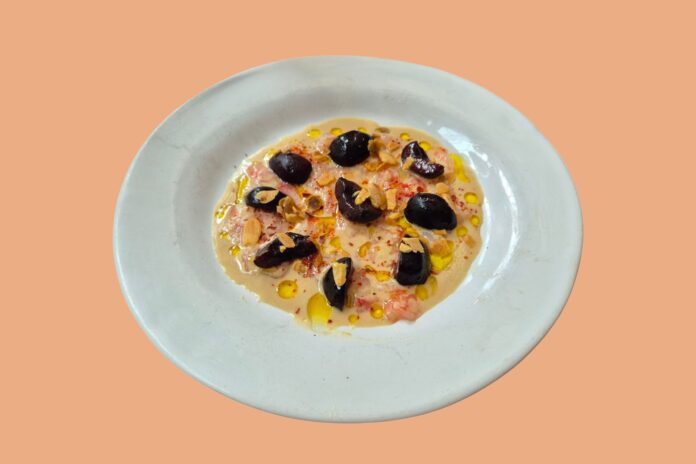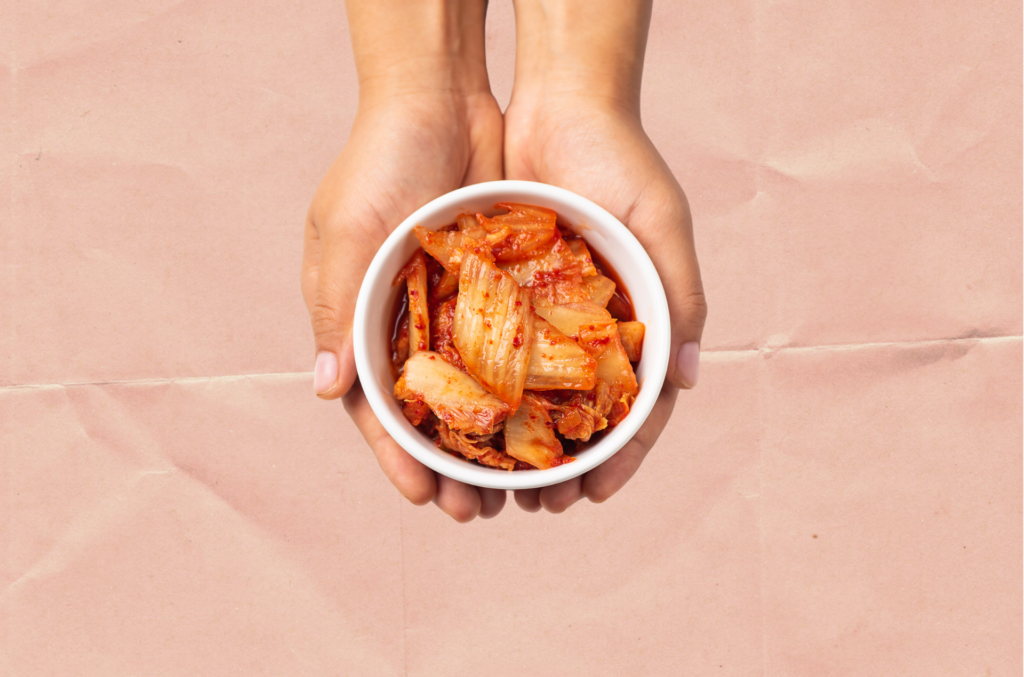
And what foods contain them.
If you’ve just gone through major surgery then we’re sure you’re keen to get back on your feet and fighting fit as soon as possible. Life moves fast and we don’t blame you for wanting to make the most of every second.
That said, following surgery, your body is particularly prone. The last thing you want right now is another setback, and an infected wound would represent a pretty major one. Hopefully, the aftercare team have recommended the usual stuff to help you get back to normal; proper wound dressings and technique, adequate-protein intake, rest and hydration.
But did you know that your diet (and accompanying nutritional supplements) can also play an important role in the wound healing process. Where to start? Here are 10 IDEAL nutrients that support wound healing and help reduce scarring, and what foods contain them.
VITAMIN A
Vitamin A is a critical vitamin in the wound healing process and is required for epithelial cell growth. It’s particularly useful as Vitamin A activates the production of collagen and assists with the formation of new blood cells.
Good sources of Vitamin A include cheese, eggs and oily fish.
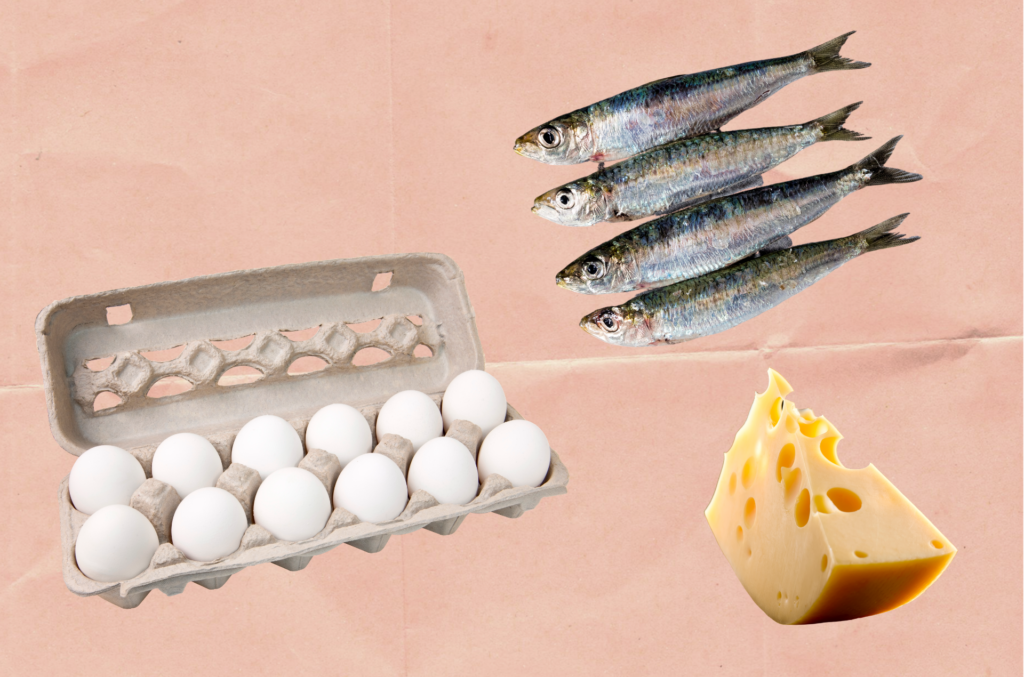
VITAMIN B12
Vitamin B12 (Methylcobalamin) enhances protein synthesis and increases the amount of repair cells at the surgical or injured site. Methylcobalamin may also act as a growth factor, which supports tissue repair and recovery.
Good sources of Vitamin B12 include meat, salmon, cod, milk, cheese and eggs.
VITAMIN C
Vitamin C (Ascorbic Acid) is a very popular vitamin used to support wound healing and minimise scar tissue. It plays an important role in collagen synthesis which is important for strengthening and tissue recovery. Ascorbic acid also aids in immunologic response and manoeuvres monocytes to the injured site.
Good sources of Vitamin C include oranges, strawberries, broccoli, sprouts and potatoes.
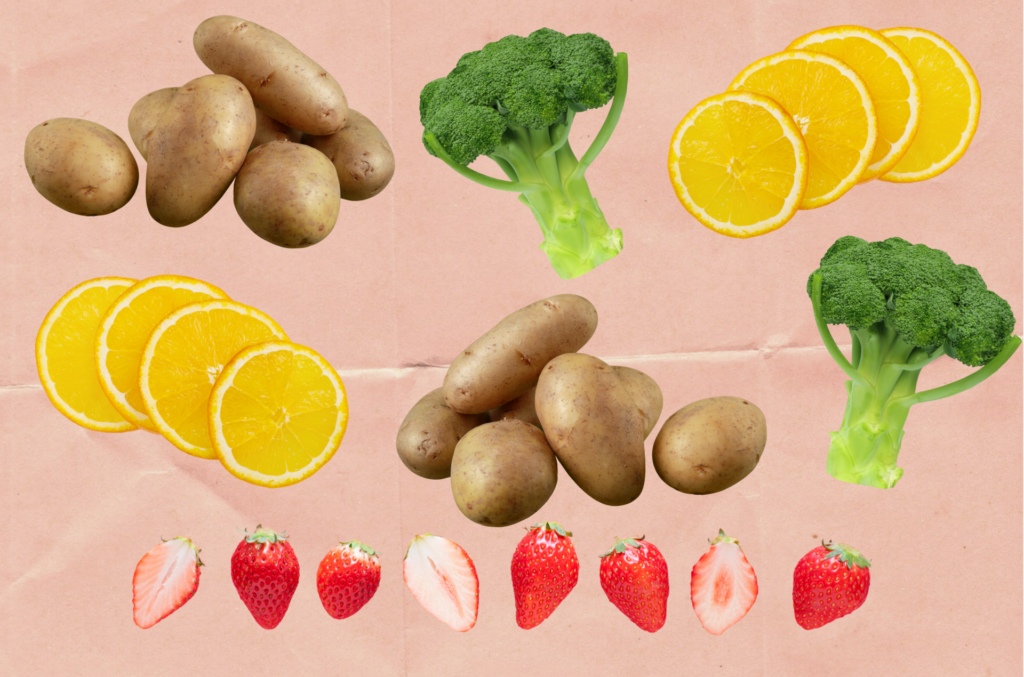
ZINC
Zinc (Zinc Glycinate Chelate) serves as a cofactor for numerous reactions vital to healing wounds and helping reduce scar tissue.
Good sources of zinc include red meat, shellfish, whole grains, milk and nuts.
IRON
Iron (Ferrous Fumarate) deficiency impairs wound healing as iron increases the amount of oxygen available to the injury site which allows more cells to migrate.
Good sources of iron include liver, spinach, beans and dried fruit.
SELENIUM
Selenium (l-selenomethionine) increases cell movement and wound healing by preventing the accumulation of hydrogen peroxide in tissues.
Good sources of selenium include many whole grains, yoghurt, poultry and eggs.
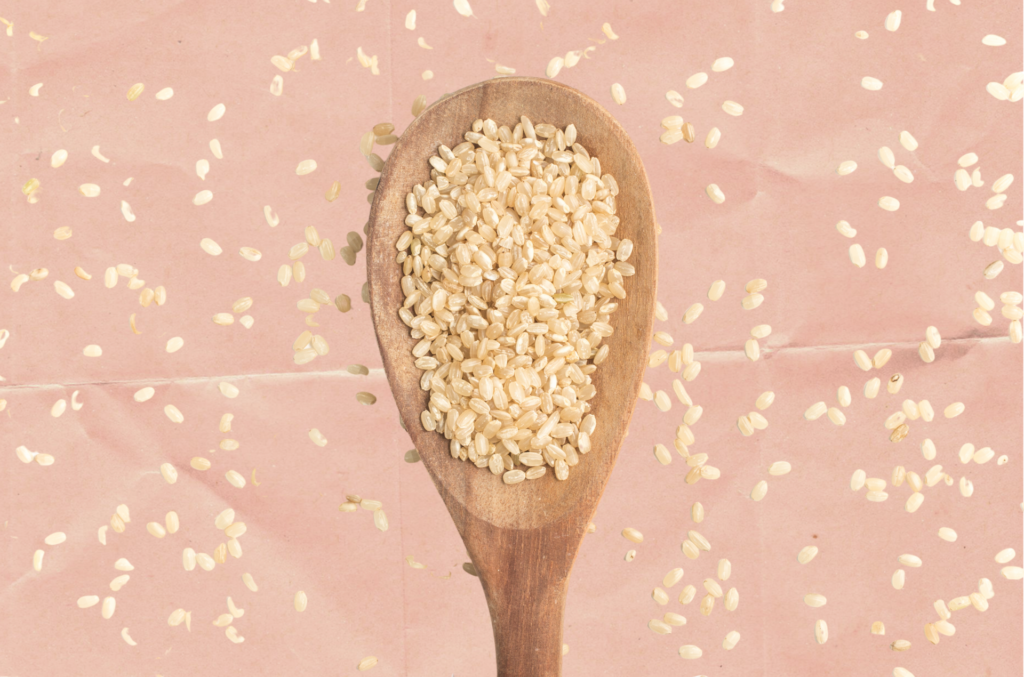
BROMELAIN
Bromelain has been shown to clean tissues without causing further damage. This may increase oxygen levels and nutrient flow and ultimately support wound healing and help reduce scar tissue.
Good sources of bromelain include kiwi fruit, ginger, asparagus and various fermented products like kimchi and kefir.
CHLORELLA
Chlorella is a healthy alga that consists of proteins and essential amino acids that accelerate and stimulate healing by increasing the rate of new cell production.
Though chlorella can’t be ingested via a traditional diet (we wouldn’t recommend eating algae), chlorella supplements are available in tablet, capsule, powder and extract form.
CALENDULA
Calendula has been shown to play a significant role in a rapid increase in the number of fibroblasts and the migration of fibroblasts to the site of injury. Fibroblasts are a cell type very important to connective tissue and wound site repair.
You can include calendula in your diet in its pure form, as it’s an edible flower. Noma 2.0, look out!
TURMERIC
Turmeric (Curcuma longa) has been known for centuries for its wound healing abilities, namely in the reduction of inflammation, speeding up reconstruction of damaged tissues, and some protection from infection.
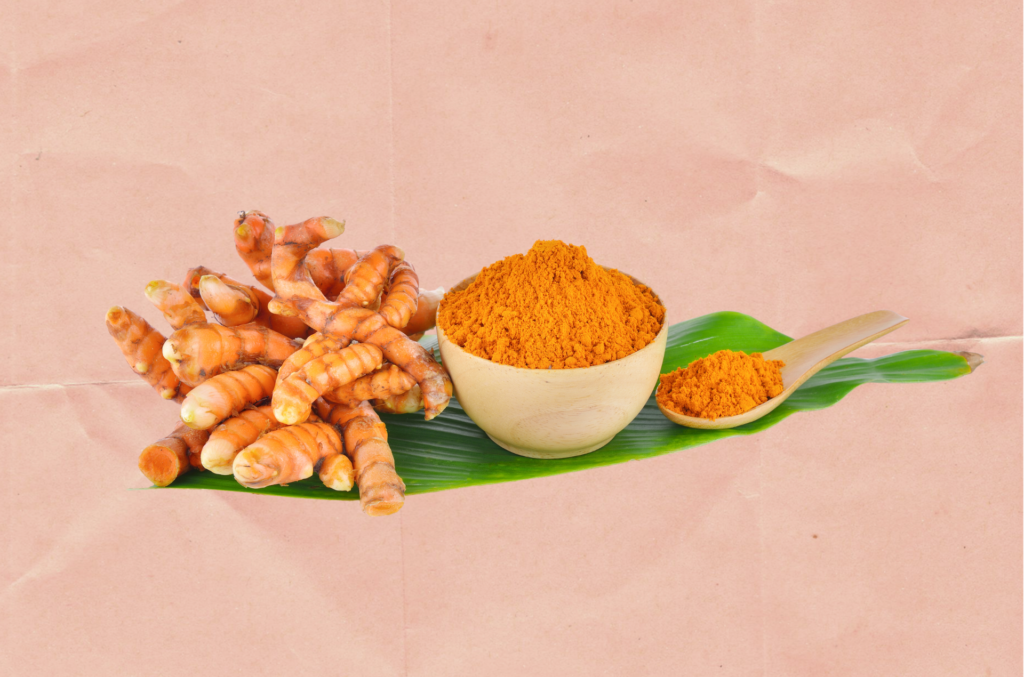
THE BOTTOM LINE
It is important to note that keeping a balanced, varied diet is the best way to ensure your body is fighting fit, rather than existing on turmeric lattes and willpower alone.
Indeed, multivitamin supplements can often pass directly through the body and aren’t properly absorbed. This is why it’s far better practice to simply enjoyed as diverse, health conscious diet as you can.
If you are turning to supplements for post-surgical healing, Tampa Florida-based lab pharmacist and nutrition expert Dr. Devan Patel advises you should prioritise bioavailable forms, such as WoundVite, which are better retained by the body.

